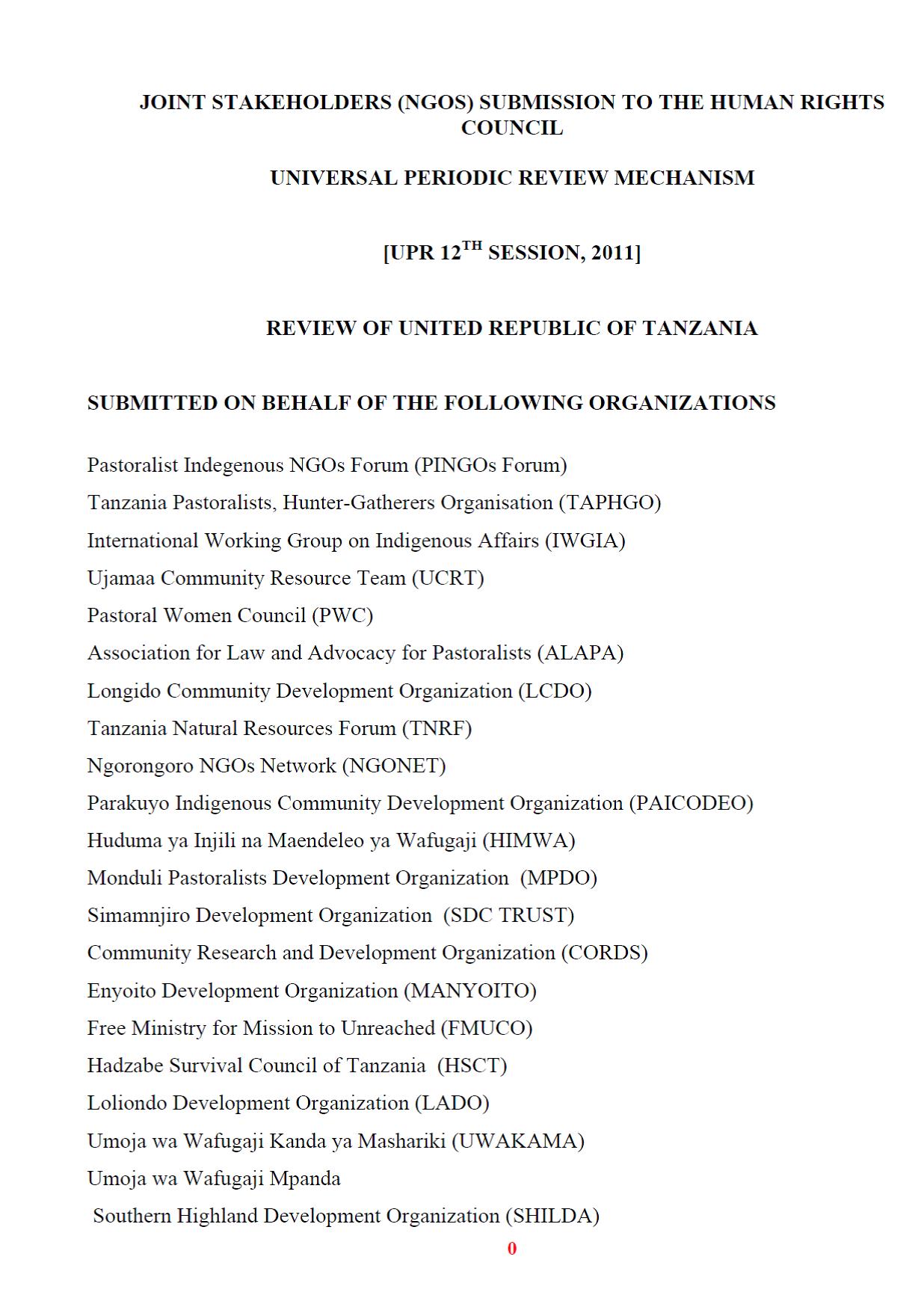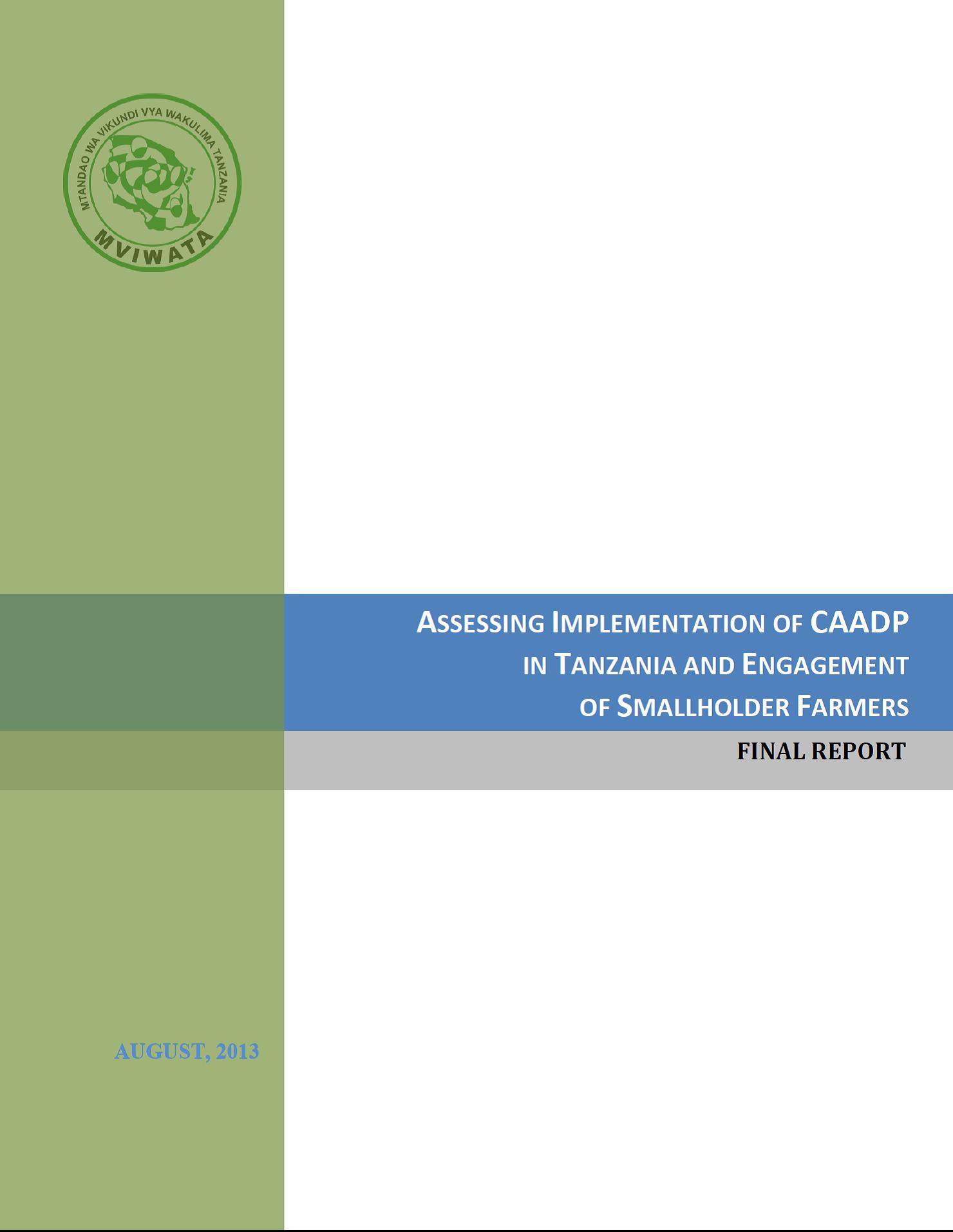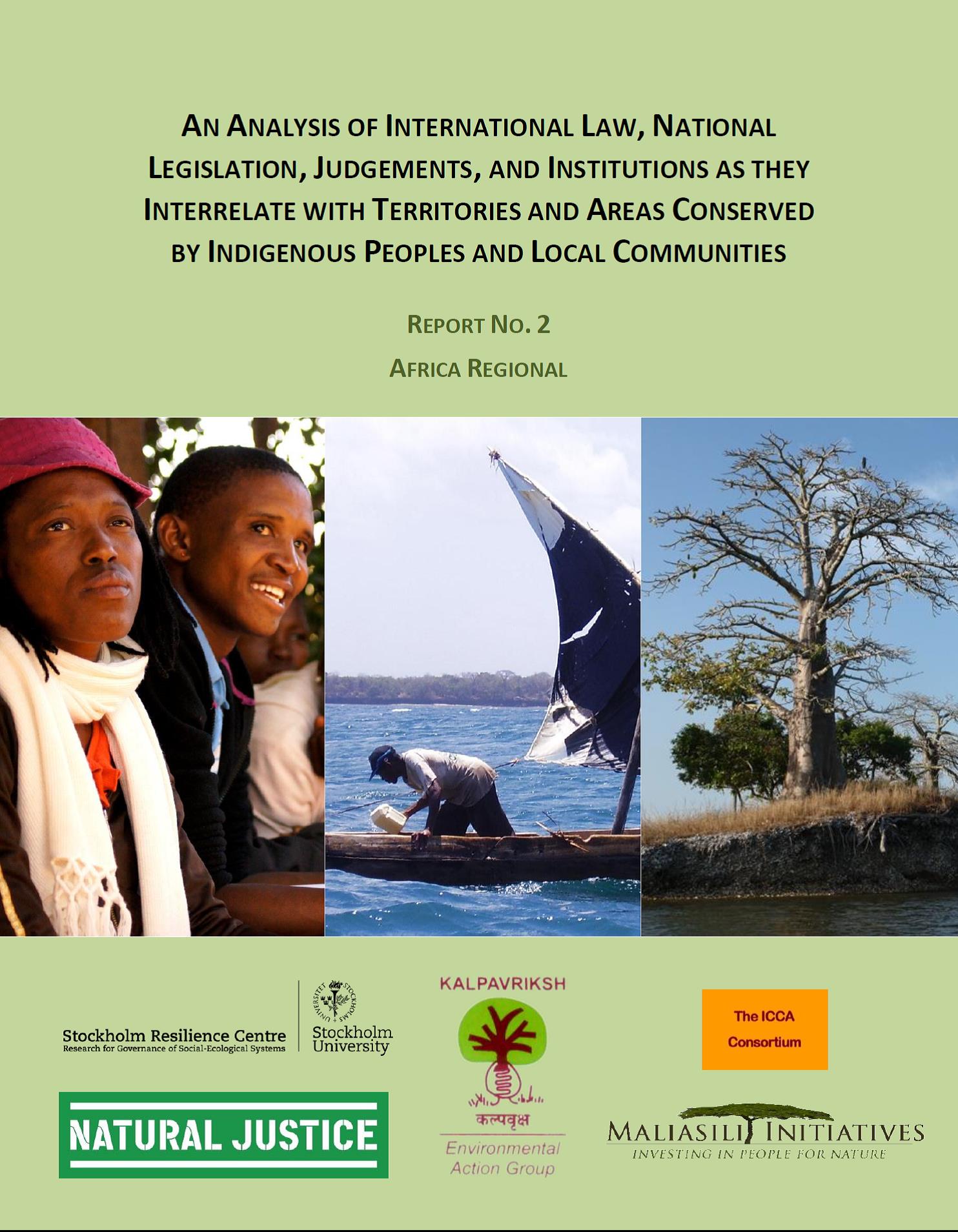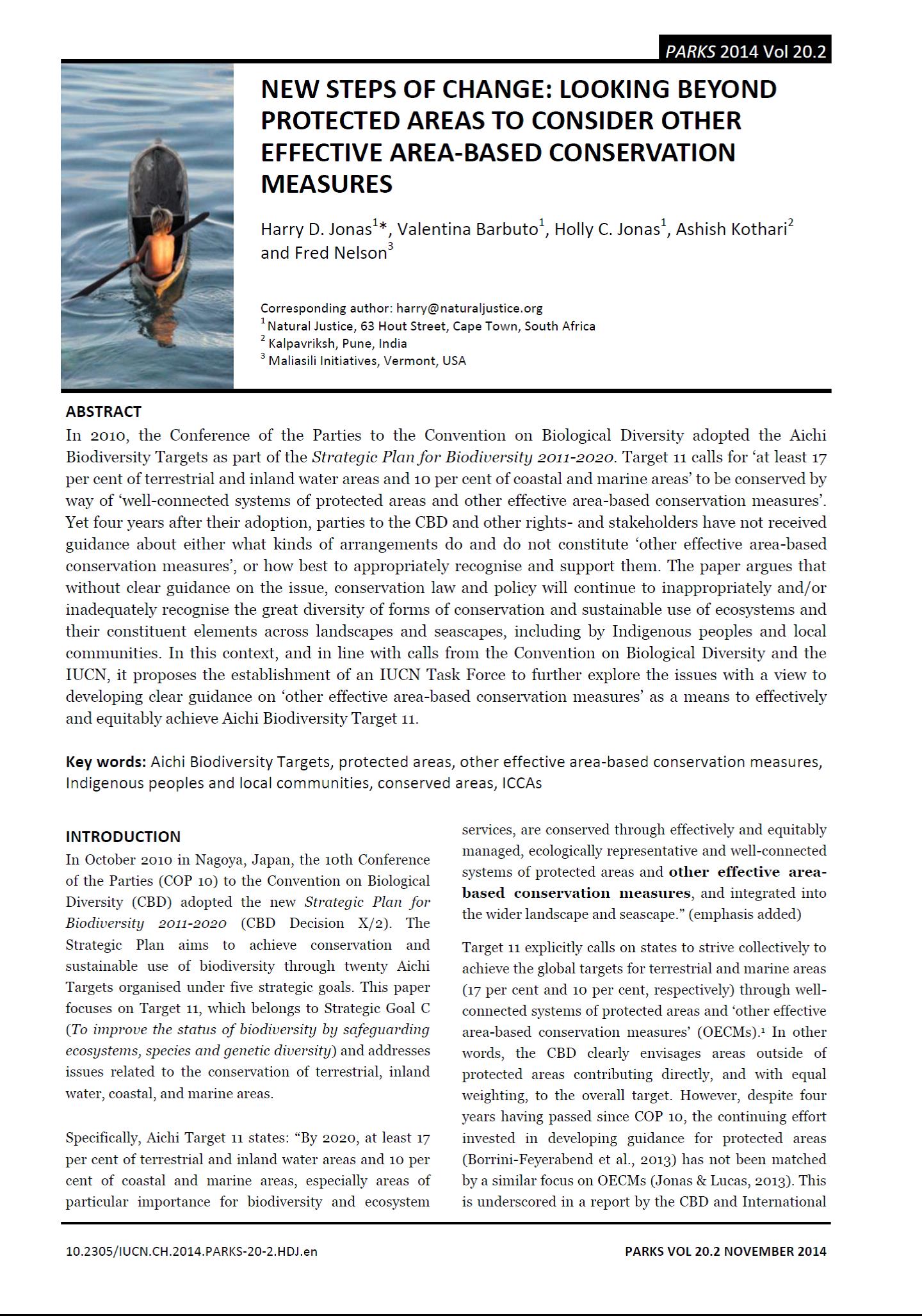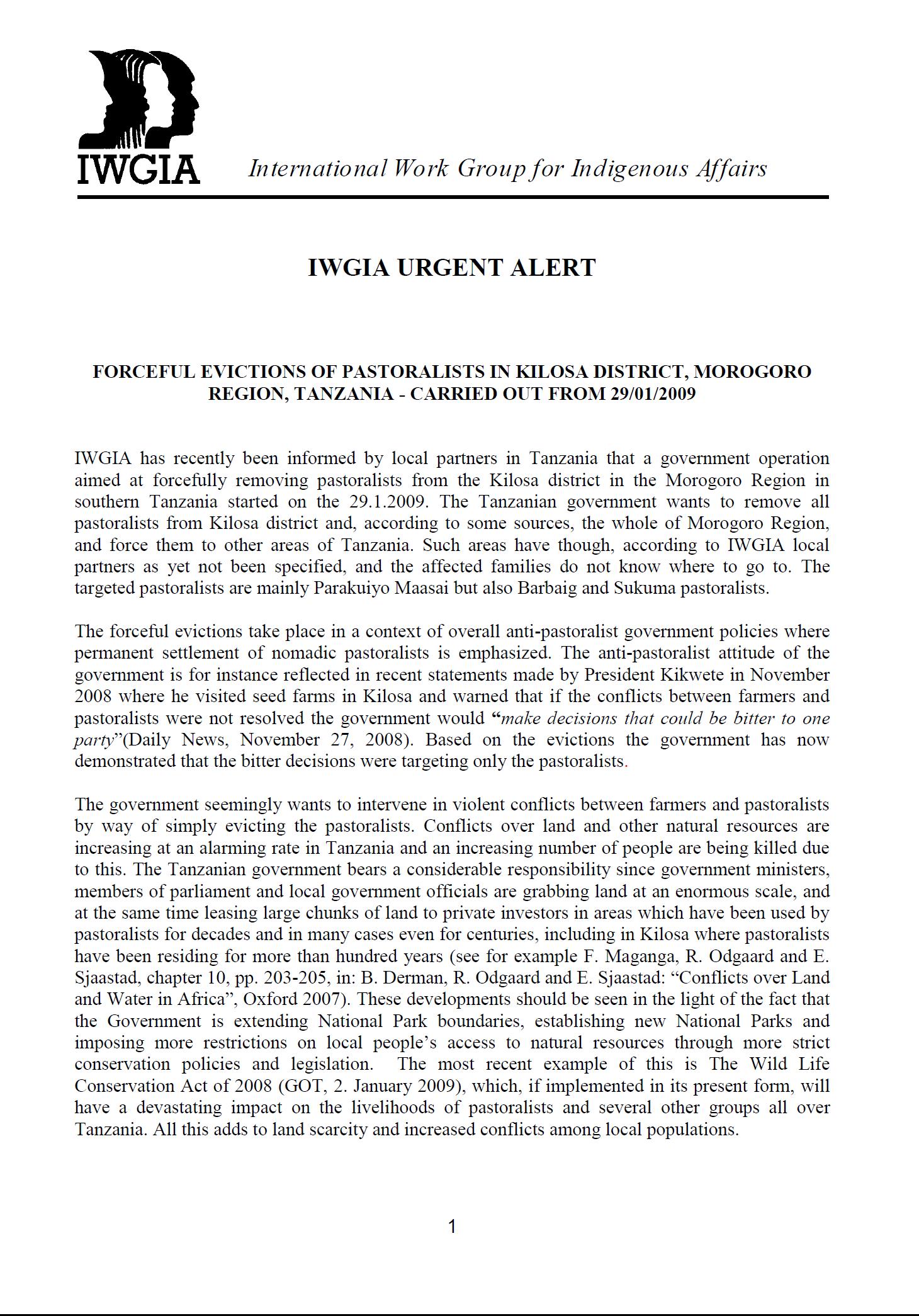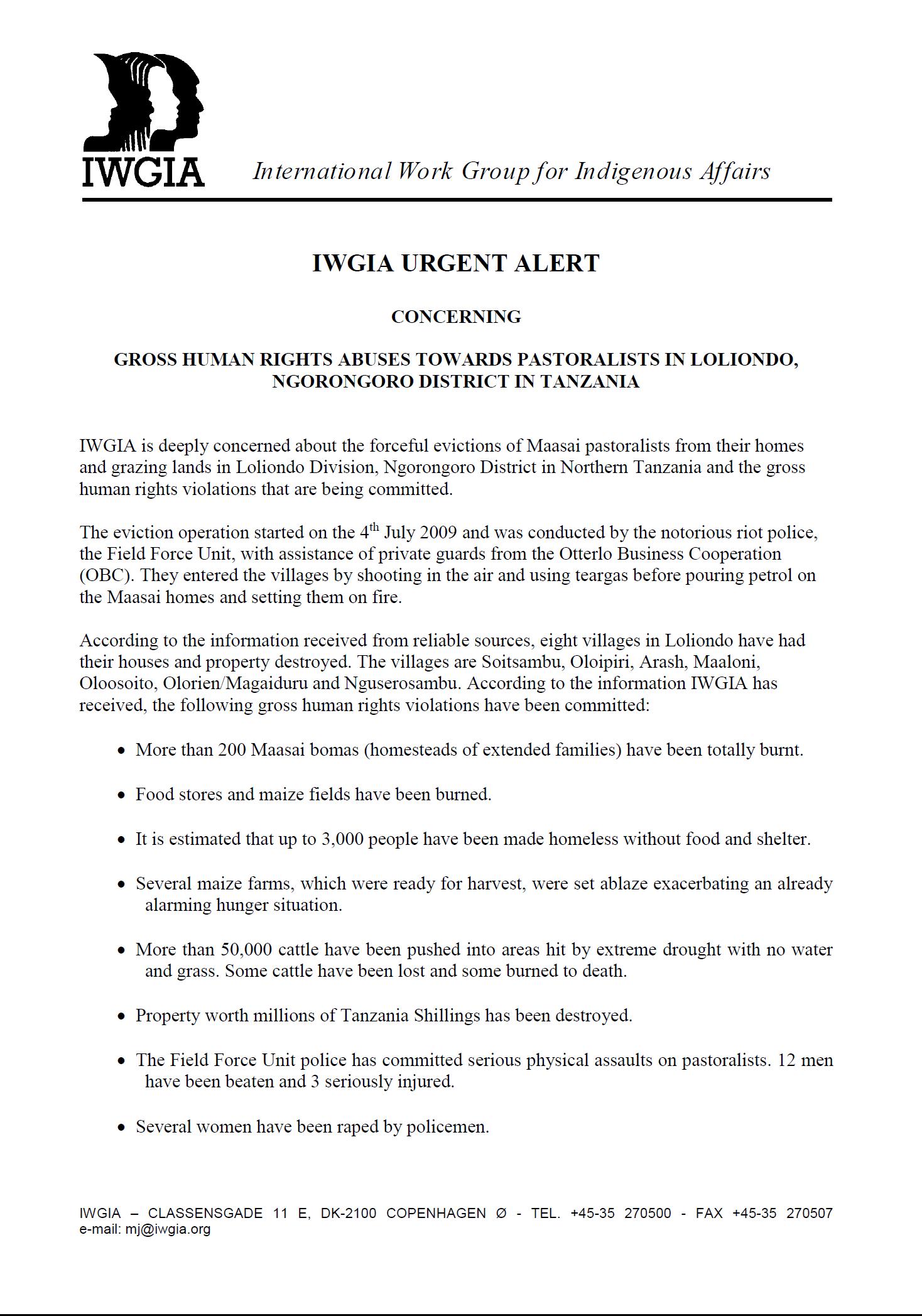Joint Stakeholders (NGOs) Submission to the Human Rights Council- Universal Periodic Review Mechanism
This report is a compilation of primary and secondary sources of information, evidences and facts collected through consultative meetings and interviews with CSOs and Community members. More information was obtained from different credible sources including the UN treaty bodies, UN special procedures, ACHPR, government reports, media as well as reports of fact finding missions of pastoralists’ CSOs members. Validation was done by pastoralist CSOs and National CSOs in two different meetings

